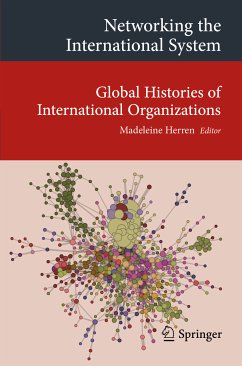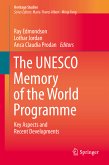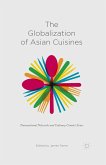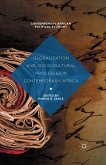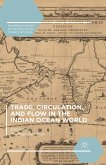The book critically investigates the local impact of international organizations beyond a Western rationale and aims to overcome Eurocentric patterns of analysis. Considering Asian and Western examples, the contributions originate from different disciplines and study areas and discuss a global approach, which has been a blind spot in scholarly research on international organizations until now. Using the 1930s as a historical reference, the contributions question role of international organizations during conflicts, war, and crises, gaining insights into their function as peacekeeping forces in the 21st century. While chapter one discusses the historicity of international organizations and the availability of sources, the second chapter deliberates on Eurocentrism and science policy, considering the converging of newly created epistemic communities and old diplomatic elites. Chapter 3 sheds light on international organizations as platforms, expanding the field of research from the diversity of organizations to the patterns of global governance. The final chapter turns to the question of how international organizations invented and introduced new fields of action, pointing to the antithetic role of standardization, the preservation of cultural heritage and the difficulties in reaching a non-Western approach.
Dieser Download kann aus rechtlichen Gründen nur mit Rechnungsadresse in A, B, BG, CY, CZ, D, DK, EW, E, FIN, F, GR, HR, H, IRL, I, LT, L, LR, M, NL, PL, P, R, S, SLO, SK ausgeliefert werden.

